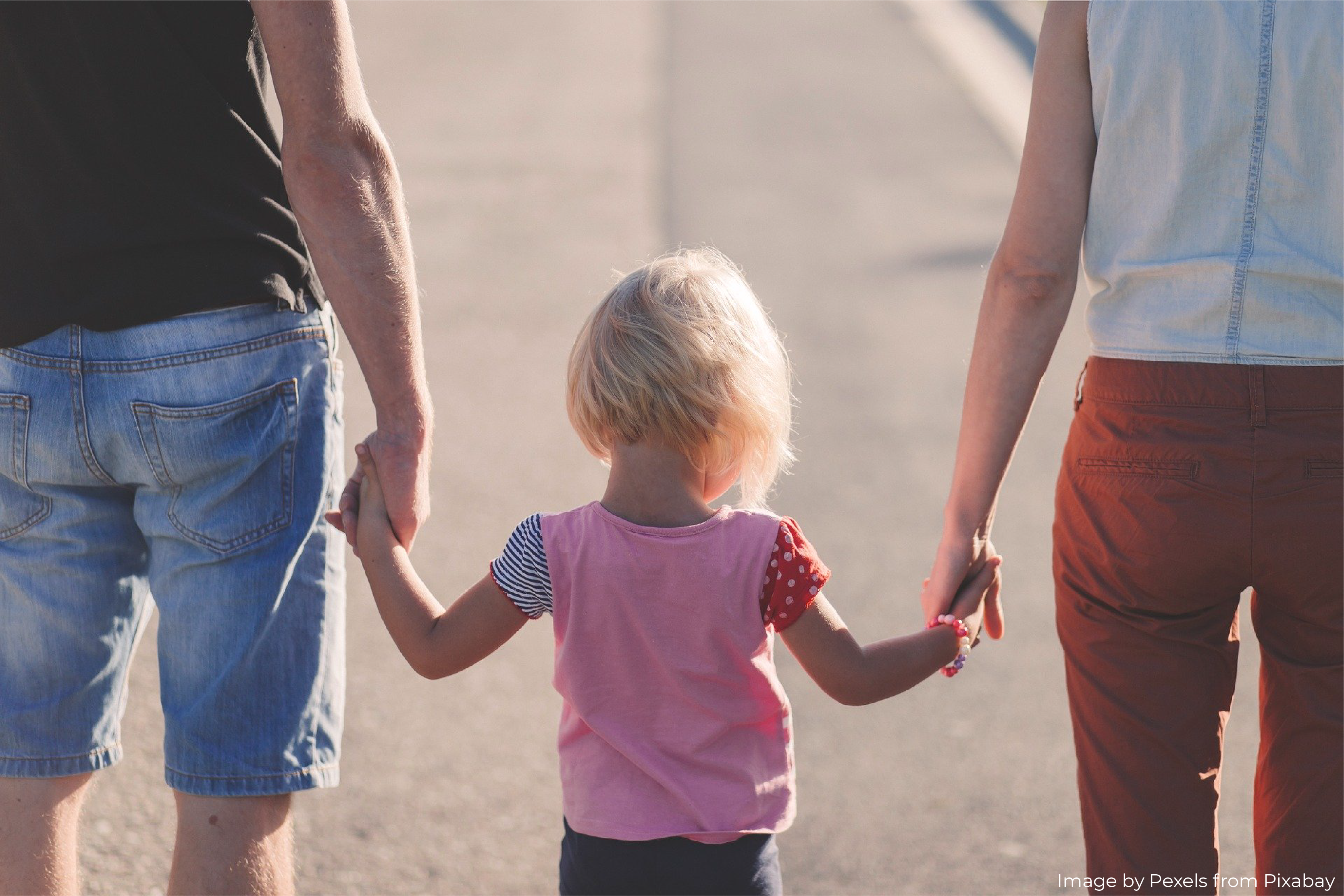The COVID-19 pandemic is creating havoc around the world. People are struggling in many ways and healthcare systems are overwhelmed and under resourced. During this time of unease and concern, many stakeholders are publishing hints and tips for making it through. We recently published a blog describing some suggestions for maintaining addiction recovery during current recommendations for social distancing. Specifically, we recommended four key strategies. First, it is important to have a plan for recovery and diligently work the plan. Second, rely on your escape and avoidance skills to limit exposure to risky situations. Be sure to identify alternative activities that respect social distancing and conflict with addiction-related behavior patterns. Third, activate supportive social networks by using new social media or the telephone to reach out. Fourth, identify paths for using telemedicine with a care provider—or support from a mutual help sponsor. Although we previously focused on people in recovery from addiction, the COVID-19 pandemic also challenges others who are affected by addiction, including family members and concerned others.
 What are some specific recommendations for family members and concerned others who are struggling with the consequences of another’s addiction? We offer four suggestions. You might have your own techniques that work. It is a good idea to rely upon tactics that have worked for you in the past and to consider new options that might provide advantages during social distancing.
What are some specific recommendations for family members and concerned others who are struggling with the consequences of another’s addiction? We offer four suggestions. You might have your own techniques that work. It is a good idea to rely upon tactics that have worked for you in the past and to consider new options that might provide advantages during social distancing.
First, engage in self-care practices. Like instructions for air travel (i.e., put on your oxygen mask before trying to help others), caring for others requires that you care for yourself first. Some ways to engage in self-care include making time for your own personal hobbies that bring happiness, knowing your personal limits and setting boundaries around them, and being proactive about your own mental health. You can do this by working to follow good sleeping and eating habits, exercising, engaging in activities like meditation and mindfulness, and connecting with your own social networks online or by phone.
Second, have your own help resources at the ready. This means making sure you have easy access to important hotlines (e.g., addiction support, family support, domestic violence, and more) and ways to access providers for family or personal tele-health treatment. You also might consider finding virtual mutual help groups of concerned others. Connecting with people who share the experience of caring for those with addiction can provide you reassurance and helpful advice.
Third, consider scheduling positive family time. Sitting down together for meals and games or going for a walk around the neighborhood — but maintaining physical distance from others — will provide mental and physical health benefits. These activities also provide those who are struggling with addiction with alternative activities that respect social distancing, and conflict with addictive behavior. Promoting such alternatives is likely to be helpful to both you and the people you care about.
Fourth, try to keep in mind that recovery is a lifetime process that has many ups and downs. Relapses happen. Relapses are part of the recovery process. It is not an easy path. Addiction-related behaviors and consequences might be more common right now, during a time of great stress and uncertainty. During this difficult time, people who are struggling with addiction might be especially vulnerable. People who are working toward recovery from addiction don’t have easy access to the systems and tools that typically provide them support. Importantly, relapses don’t mean that recovery is out of reach. Although it is difficult to remember, try not to blame someone you love if a relapse occurs. Lastly, remember that the COVID-19 pandemic is creating challenges for everyone. Fall back on the things that work for you to get through these challenging times. Most of all, reach out for help — from a distance — if you need it.
For more information:
AA, NA, and SMART Recovery all offer virtual/remote meeting options and tools for use during COVID-19 social distancing. For families, al-anon provides similar resources. SAMHSA’s national helpline also provides important information and resources. There also are a variety of smartphone applications to connect people in recovery with one another for support during this difficult time.






Keith April 27, 2020
Hello Debbie, and Howard,
Thanks for sharing these great tips especially during this trying time for families and their loved ones suffering from addictions. It makes sense how those struggling with addictions are even more vulnerable now that a lot of facilities that provide support are closed during the pandemic of COVID19. The tips and insights provided in this article help to shape an appropriate perspective and provide much needed encouragement to addicts and their families as they get used to a “new normal” and struggle with relapses. There is solid advice and a source of hope in what has been shared here.